What is Logistics and Supply Chain Management?
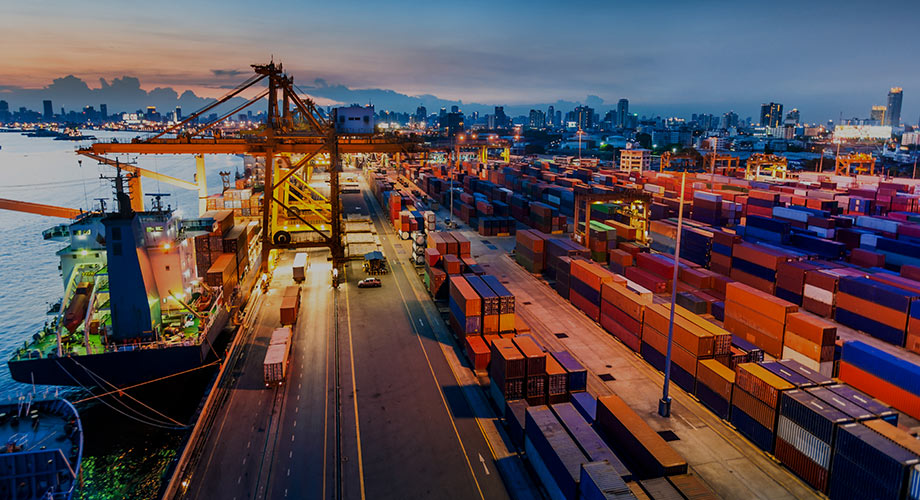
Introduction:
In the fast-paced world of business, where efficiency and timing are everything, logistics and supply chain management play a crucial role in ensuring that products reach customers in the right place, at the right time, and in the best condition. But what exactly do these terms mean, and how do they work together to drive success in today’s global economy?
In this blog, we’ll break down the concepts of logistics and supply chain management, explore their key components, and understand why they are the backbone of modern business operations. Whether you’re a business owner, a logistics professional, or just curious about how the products you use every day make their way to you, this guide will provide you with a comprehensive understanding of these critical functions.
What Is Logistics and Supply Chain Management?
Logistics and supply chain management are interconnected fields that work hand-in-hand to manage the flow of goods, information, and resources from the point of origin to the point of consumption. While they are closely related, they each have distinct roles:
Logistics focuses on the detailed coordination of complex operations involving the movement, storage, and flow of goods. It encompasses activities like transportation, warehousing, inventory management, and packaging. The primary goal of logistics is to ensure that the right products are delivered to the right place at the right time, in the right condition, and at the right cost.
Supply Chain Management (SCM) is a broader concept that includes logistics but also involves the strategic planning and management of all activities involved in sourcing, procurement, conversion, and logistics management. SCM integrates these processes across the entire supply chain, from raw material suppliers to the final consumer, aiming to create value, build a competitive infrastructure, and leverage logistics on a global scale.
In essence, logistics is a key component of supply chain management, focusing on the tactical aspects of moving goods, while SCM covers the entire strategic process of managing the flow of products and services from beginning to end.
The Key Components of Logistics and Supply Chain Management
1. Manufacturing Logistics Systems:
- Overview: This system focuses on the efficient planning, organization, and support of manufacturing operations, ensuring that raw materials are transformed into finished products without delays.
- Importance: Streamlining manufacturing logistics reduces costs, increases productivity, and helps maintain consistent product quality.
2. Distribution Logistics Systems:
- Overview: Distribution logistics, or sales logistics, connects manufacturing with transportation, handling everything from product distribution to delivery to the final customer.
- Importance: Effective distribution logistics ensures that products reach consumers efficiently, minimizing costs and maximizing customer satisfaction.
3. Transportation Logistics Systems:
- Overview: This component handles the physical movement of goods using various modes of transportation, such as road, rail, air, and sea.
- Importance: Choosing the right transportation methods and optimizing routes is crucial for ensuring timely deliveries and controlling logistics costs.
Types of Logistics
1. Inbound Logistics:
- Definition: Inbound logistics refers to the process of managing the inflow of goods and materials from suppliers to production facilities or warehouses.
- Role: This type of logistics is essential for maintaining production schedules and ensuring that manufacturing processes are not disrupted by delays or shortages.
2. Outbound Logistics:
- Definition: Outbound logistics involves the storage, transportation, and distribution of finished goods from the production facility to the end customer.
- Role: Outbound logistics is key to meeting customer expectations, fulfilling orders accurately, and delivering products on time.
Key Components of Logistics and Supply Chain Management
1. Warehousing:
- Warehouses are facilities used to store goods before they are distributed to their final destination. Efficient warehousing is crucial for managing inventory levels and ensuring that products are readily available when needed.
2. Packaging:
- Packaging protects goods during transportation and storage, ensuring they arrive in good condition. It also plays a role in branding and customer experience.
3. Inventory Management:
- This involves tracking and managing the stock of goods to ensure that supply meets demand. Effective inventory management reduces costs associated with overstocking and prevents stockouts.
4. Transportation:
- Transportation is the physical movement of goods from one location to another. It involves selecting the most efficient transportation modes and routes to minimize costs and ensure timely deliveries.
5. Information and Control Systems:
- These systems provide the data and analytics needed to manage logistics and supply chain operations effectively. They help in tracking shipments, optimizing routes, and managing inventory.

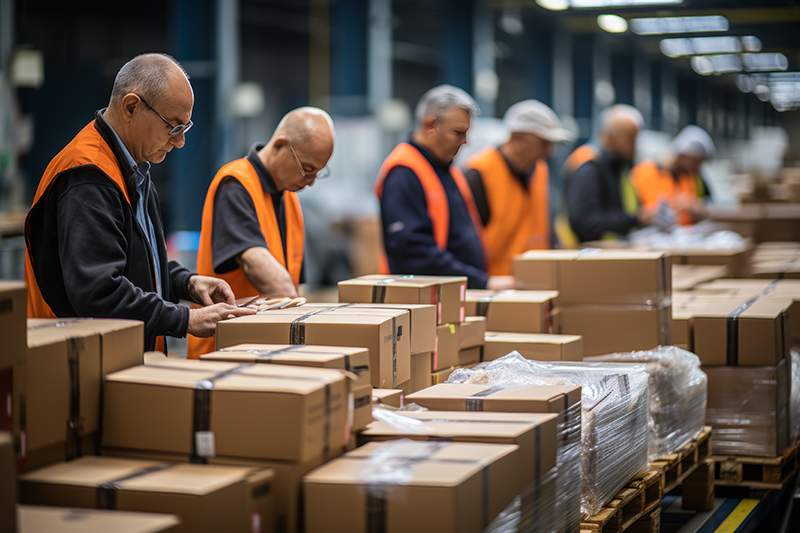


The Impact of Logistics and SCM on Business Success
Cost Efficiency:
- Well-managed logistics and supply chain operations can significantly reduce costs by optimizing transportation, inventory, and warehousing processes.
Customer Satisfaction:
- Timely and accurate deliveries are critical for maintaining high levels of customer satisfaction, which in turn drives repeat business and brand loyalty.
Competitive Advantage:
- Businesses that excel in logistics and supply chain management can respond more quickly to market changes, offer better service, and reduce operational costs, giving them a competitive edge.
Sustainability:
- Modern logistics and SCM practices increasingly focus on sustainability, aiming to reduce environmental impacts through efficient use of resources and greener transportation methods.
Conclusion: The Future of Logistics and Supply Chain Management
As global trade continues to grow and evolve, the importance of logistics and supply chain management will only increase. Advances in technology, such as automation, artificial intelligence, and data analytics, are already transforming these fields, leading to more efficient, cost-effective, and sustainable operations.
For businesses looking to thrive in today’s competitive landscape, investing in logistics and supply chain management is not just an option—it’s a necessity. By mastering these critical functions, companies can streamline their operations, reduce costs, and deliver better service to their customers, ensuring long-term success and growth.
Learn more about our Logistics Courses!
Get a FREE Career Consultation from our Experts!

Explore Our Other Blog Posts

Oil And Gas Engineering:...
- 3 min read

Become a Hospital Administrator:...
- 5 min read


WHY CHOOSE HOSPITAL ADMINISTRATION?
- 2 min read

Skills You Should Learn...
- 3 min read
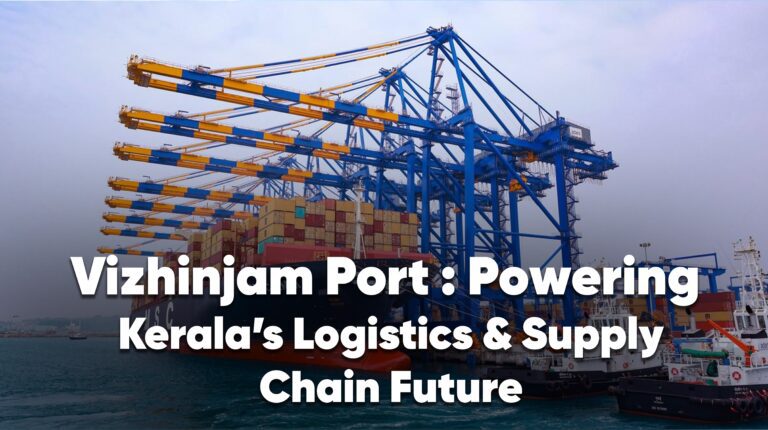
Vizhinjam Port: Powering Kerala’s...
- 3 min read

കേരളാ നിയമസഭാ Reporter TV ...
- 1 min read
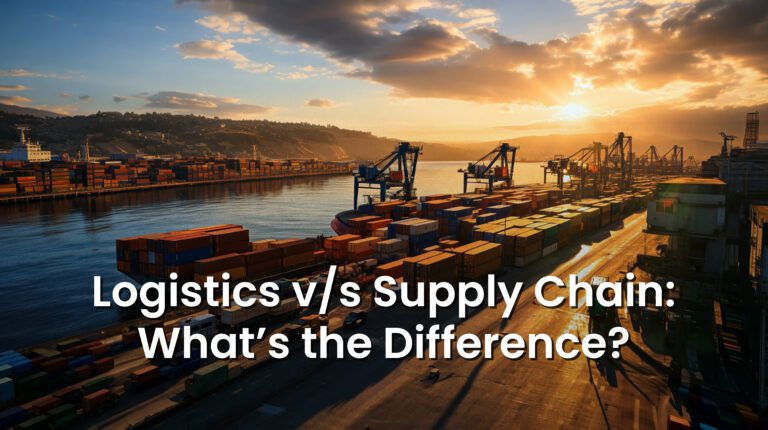
Logistics vs Supply Chain:...
- 2 min read

Benefits of a 6-Month...
- 2 min read

What Is Hospital Administration?
- 2 min read

VIZHINJAM PORT – NEW...
- 1 min read
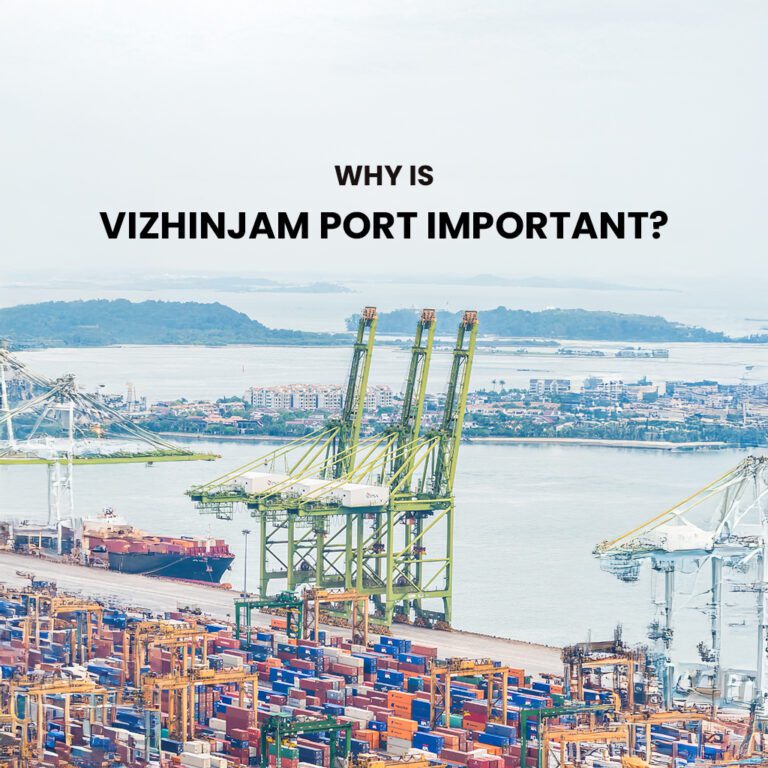
Why is Vizhinjam port...
- 1 min read

Why Choose Arrow wings...
- 2 min read
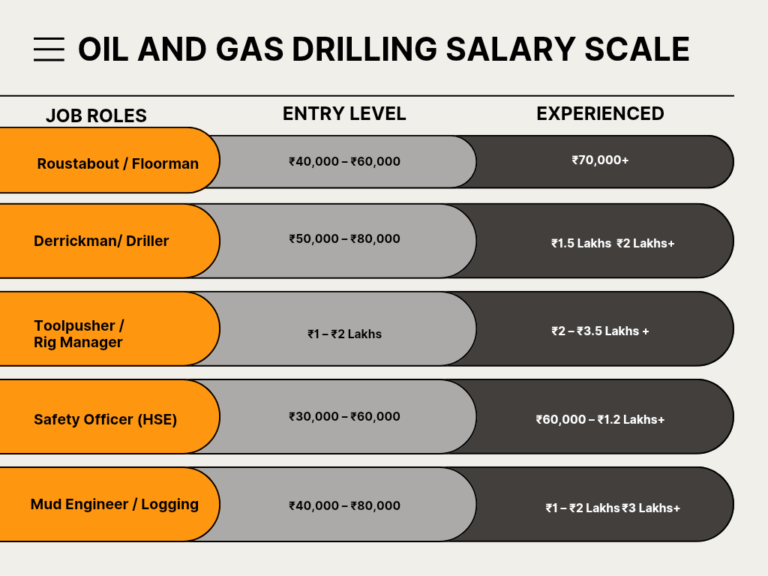
Salary Scale in oil...
- 1 min read


Best Courses in Kerala:...
- 7 min read

Career in Healthcare
- 8 min read

Dominate Oil Rig Training:...
- 7 min read


A career In Oil...
- 8 min read


What is NDT
- 8 min read

SCOPE OF MEP IN...
- 3 min read
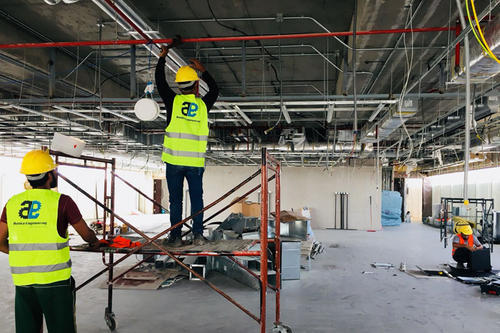
What is MEP Engineering?
- 3 min read
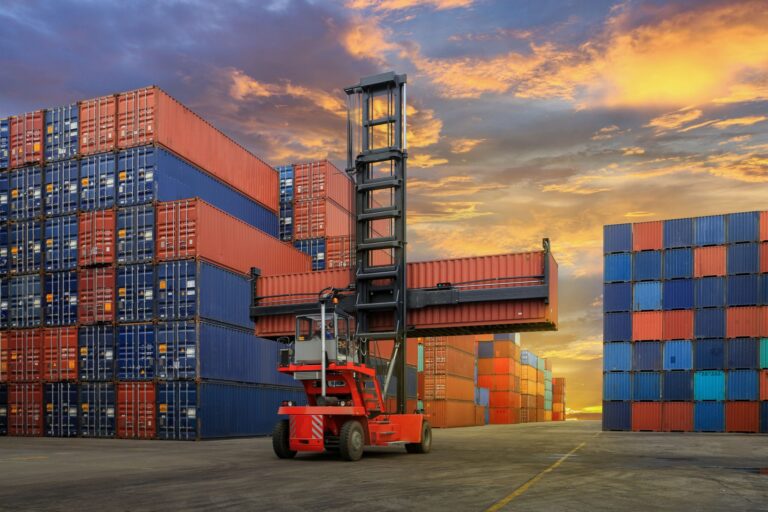
What is Logistics and...
- 7 min read

IMPORTANCE OF THE OIL...
- 4 min read



